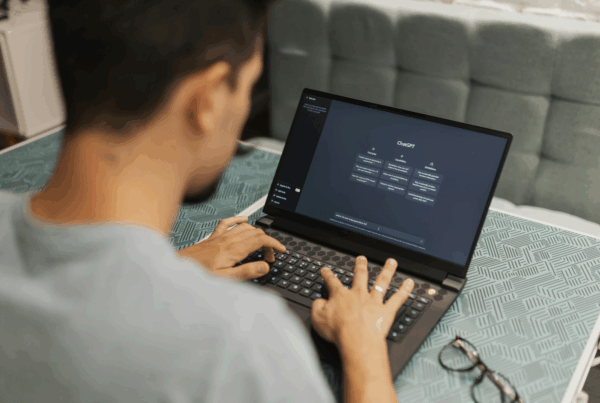
As more companies move to a hybrid work environment, the need for mobile communication has increased because employees will not always be in the same office as their coworkers. Alongside this, many employees do not want to carry a company phone in addition to their personal device. The solution many businesses have implemented is a bring-your-own-device (BYOD) policy, which allows employees to use their personal device for work, but is this the best option for your business’ cybersecurity posture? With the right policies and security tools in place, you can mitigate the risk from this attack surface, making a BYOD policy a safer option for your small business!
Secure Company Applications

Because your business cannot monitor all the activity on an employee’s personal device, it is critical to implement additional security measures for the applications used for work. Every app and service that an employee uses should have its available safety features activated. This way, if the device becomes compromised, attackers will have a much more difficult time accessing company resources that happen to be on the device. Security features that can be beneficial include requiring additional biometric verification for a sign in and location familiarity to prevent log in attempts from unexpected places. These features can work together with other cybersecurity tools to make your BYOD policy safer for the company.
Implement MFA

To compliment the security features of the applications your business uses, multifactor authentication (MFA) should be put on every account that signs into resources on your network. While a personal phone is the most common way for users to authenticate a sign in, an MFA can still protect an employee’s account if an attacker with access to the phone cannot log in to the MFA account to verify the login. Additionally, other mobile devices, like tablets and netbooks, can also be effectively protected by MFA. For any BYOD policy, MFA must be a non-negotiable policy requirement for every employee so that your data can remain safe even if the employee accidentally lets an attacker access their personal device.
Monitor Device Health

Many of the best MFA services allow your IT department or managed service provider (MSP) to monitor the health of devices trying to authenticate into your network. It is possible to set health benchmarks that devices must meet before they are allowed to authenticate, such as having the most recent updates for their operating system. Failing to patch a phone can cause just as many issues as not patching a work computer, so it is essential that the health of devices used for a BYOD policy are monitored. If your MFA does not allow for device health monitoring, then your business should work with its MSP to find an additional service that can.
Summary
A BYOD policy can provide many benefits for a company’s connectivity and help onboard new employees in a hybrid work environment. With the right cybersecurity services put in place, it can also be a safe practice for small businesses that does not dramatically increase the risk of a cyberattack. Here at Robinett Consulting, we focus on providing small businesses the right solutions they need to securely get work done. If you think your business needs help planning or implementing a BYOD policy, then one of our team members is waiting to have a complimentary consultation today!




